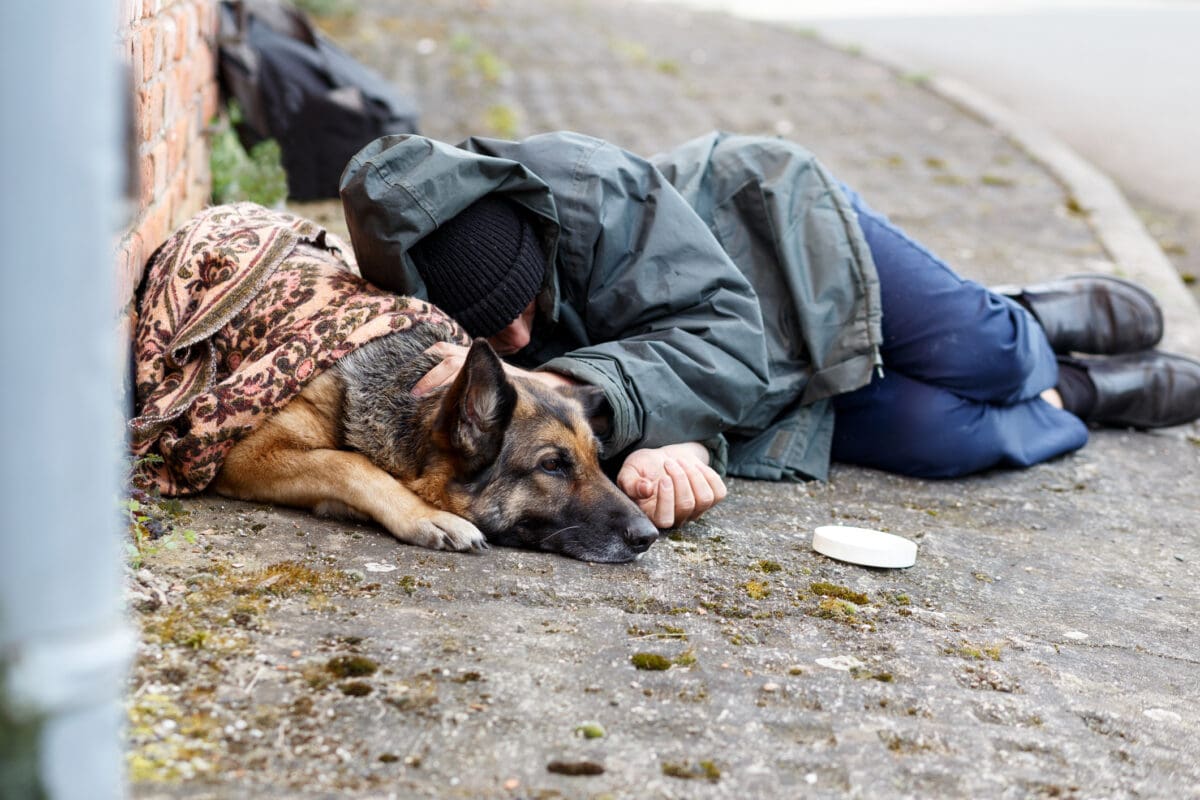What’s the best way to support people and their pets in need? Grateful for funding we received from the Vancouver Foundation, we explored this question from a few different perspectives. The outcome? A report and a webinar (both available here).
This new report, which has been translated into French and was sent to nearly 1000 animal service agencies across the country, highlights how important it is to provide care from a trauma-informed and ‘One Welfare’ perspective. This means providing services that recognize the experiences of marginalized people and giving them time and space to tell their story and express their needs. It also includes, at times, serving as a translator between the veterinarian and the client. We all know that in a time of stress it can be difficult to remember the instructions from a veterinarian. This can be even more intense for low-income individuals who are experiencing other stressors in their lives.
Do pets experience trauma? Research suggests that they do, particularly from grief around the loss of a loved one. We knew that people suffered when they had to give up their loyal animal companions because they couldn’t afford to pay for veterinary care. Now, we’ve learned that we must consider the experience of the animal, too.
We also learned about the importance of building trusting relationships with the clients we serve and finding out all of the barriers they experience to accessing care. Some marginalized folks have been discriminated against, such as being asked to pay for a veterinary visit up front while privileged folks at the same clinic are invoiced at the end of the visit. We learned about people being told that they couldn’t have their pet back until they paid in full (which is not a legal practice, but they weren’t aware of their rights).
We know this is just the beginning of this work. By the end of 2021, we aim to have a training program launched for animal service agencies across the country to apply a trauma-informed lens when they are serving marginalized clients. It will mean better outcomes for both people and animals.

